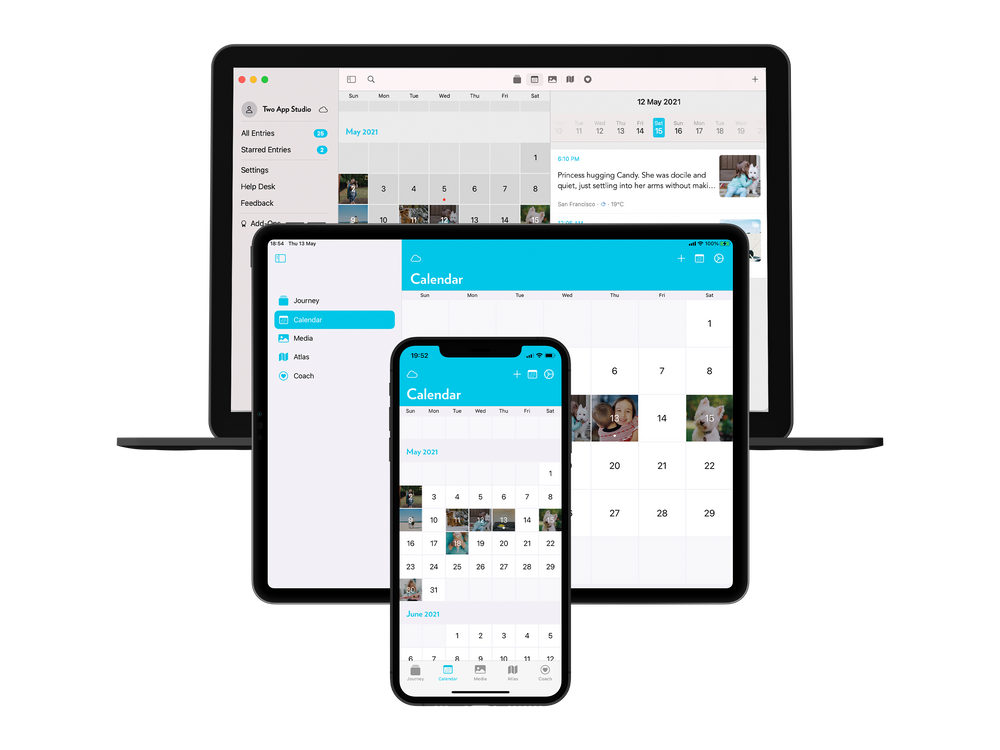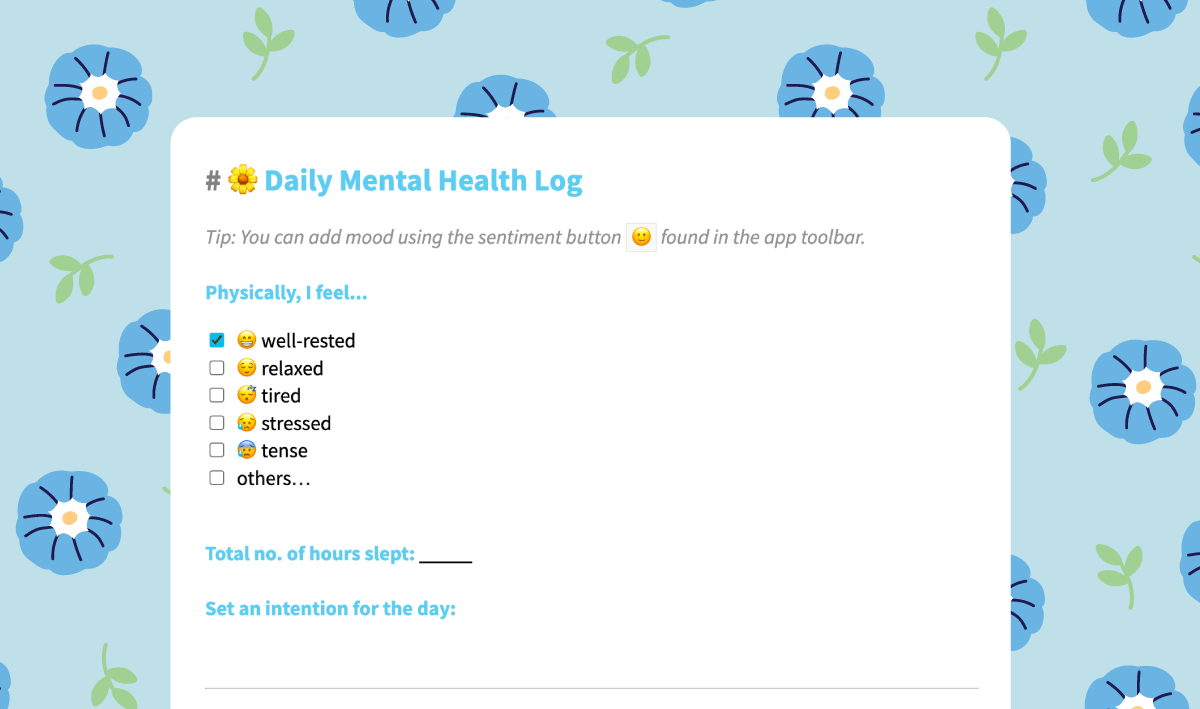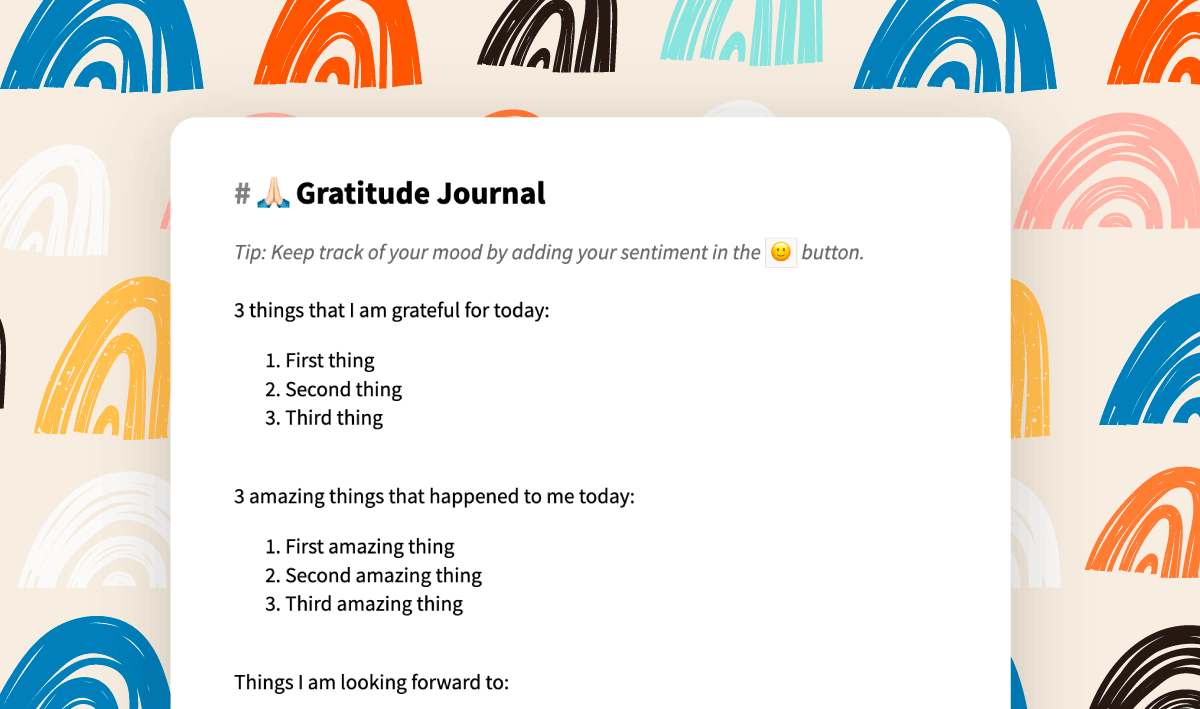Practicing Self-Love - 5 Ways To Pour Love Into Yourself This Valentines
One of the most important relationships we have, the one we have with ourselves, often slips our minds. Loving ourselves is essential for our well-being, health, and happiness. This Valentines, re-direct some energy and intention towards your own selves. Read on to find out how you can do so.

It's that time of the year; of roses, chocolate boxes, and handwritten cards expressing love and gratitude. Yes, it's Valentine’s Day. On Valentine's Day, we go the extra mile to recognize and honor the people we love in our lives and who have had a significant impact on us.
To celebrate them, we go out of our way to purchase something special for them, or plan a date or day out to spend time with them. Whether it's flowers, chocolates, cards, gifts, we find ways to let them know that we care about them. And we find joy in showing our affection to these special people in our lives as well.

Having and feeling love for the people around us has many positive effects on us. We may find ourselves having more energy and enthusiasm for life, and we would have a more positive outlook for everything. Feeling and experiencing love from others also has physical health benefits, as it lowers our stress levels and blood pressure. It also increases dopamine, improving our mood and motivation, and stimulates oxytocin which helps reduce pain.
So, being in love or feeling love for other people is good for us on multiple fronts. But how about loving ourselves?
What is Self-Love?
Self-love is a state of deep appreciation for yourself. This appreciation grows and multiplies through actions that support our physical, mental, and spiritual growth.
Self-love also means holding your own well-being and happiness in high regard and priority. This would mean that taking care of your own needs and not sacrificing your well-being to please others is key. Self-love, is then a "deep appreciation" for ourselves.
We need to accept and love ourselves as we are; flaws, weaknesses, failures and all. However, it is one thing to say that we love ourselves. Believing it, acting on it, and demonstrating it, on the other hand, is much easier said than done.
How to Pour Love Into Yourself
Just like how any good, quality relationship needs time, attention, and needs to be nurtured over time, so does the relationship you have with yourself.
Here are some ways in which you can learn to love yourself and nurture a deep appreciation for who you are.
1. Keep A Success Journal
Start a success journal to list your accomplishments every now and then. These accomplishments need not be the biggest awards or accolades. The small wins and personal successes should go into this journal as well.
A success diary or journal is a ledger of your accomplishments. Together with keeping a list, reflect on each accomplishment and think about how it made you feel.
Writing down even the tiniest of achievements every day has the potential to change our brains. Writing down what you did well can give you a sense of achievement. Positive emotions like this release dopamine in your brain. This makes you feel good, gives you energy and motivates you to keep doing things that will trigger the release of more dopamine.
Review your entries at the end of every week or 2 and summarize what they say about you and how they made you feel. If your default thinking had been more on the negative side, this repetitive activity of acknowledging your wins and successes supports positive self-talk by building new neural pathways.

If you're looking for a place to start your success journaling, there is no better place than Journey for that. Journey offers you multiple tools and aids that will guide you through your journaling. The power of mindful morning journaling often goes unnoticed. If you're new to journaling and are unsure of how to start, the journaling prompts that are available can help you delve deeper into yourself and your thoughts.
If you're set on starting a success journal and are ready to dive into it, starting an entry on Journey that you can come back to anytime and from anywhere could be the perfect tool for you to add to your success list and journal.
2. Go on a date with yourself
Spending time alone can be revelatory. Quality alone time can be used to gain a better understanding of yourself as an individual and about what you want and need to lead the life that you want.
Going on a date with yourself this Valentines, or even staying in at home to sit with yourself and your thoughts can help you develop a better, deeper connection with yourself and a better understanding of your own wants and needs. You get to pay attention to who you are as an individual without external noise. The more you are able to understand yourself, the more likely it is that you understand why you want what you want, and need what you need, and can then go about taking the actionable steps towards materializing those things.

However, remember that it is important to distinguish the need to spend time alone, and how to manage your emotions when you start feeling lonely. The former will be productive, while the latter can be destructive emotionally and mentally.
So this Valentines, have an at-home date with yourself in your sweatpants. Make some homemade popcorn, turn off your phone, and watch your favorite movie of all time or do some journaling about what you want for yourself this year.
3. Use Positive Affirmations
Positive affirmations sentences or phrases that you can say aloud to yourself, or in your head. They are meant to help build you up and improve your confidence, even when things get difficult or feel overwhelming. Reciting positive affirmations or using positive language to talk about yourself and your abilities helps you to overcome negative thoughts that make you doubt yourself. Daily positive affirmations help to minimize negativity and help you view yourself in a positive light.
This practice does not necessarily mean that you need to be repeating the same few phrases every morning and night. It is more about affirming yourself and replacing negative thoughts with positive self-talk. This could be as simple as you telling yourself you’re still talented and valuable at your job even if you make a small blunder, or simply stopping to appreciate your body and all that it has allowed you to do when you see your reflection.
4. Practice Self-Care
You can practice self-care in many ways. This differs from person to person. For one, it may be sitting in nature and bird-watching for an hour, and for someone else, it may be engaging in a rigorous cardio session that allows them to relieve stress.
This Valentines, you could re-visit a childhood hobby or activity that you used to love and brought you joy. Engaging in activities you enjoy elevates your mood and boosts energy. It refreshes your mind and soul, and could be a break from your usual routine. You could also take a look at your bucket-list and try to check off something that you've been wanting to do for a long time. If there's something that you have not been able to set time aside for, today is the day to do it for yourself!
This Valentines, you could even make a commitment to self-care by deciding to cultivate the habit of journaling. One way you could keep your mental health in check is with consistent daily journaling.
If you have experienced a mental health dip recently, or you just need an outlet for your thoughts, daily journaling can help. Consistent daily guided mental health journaling can help to keep your mental health in check, and you can do so with Journey's Daily Mental Health Log template.

Record your overall mood for the day, hours you slept, set your daily intentions, practice gratitude, and use morning, mid-day and evening check-ins and other journaling guides to take you through your day.
Schedule time this Valentines, and hopefully regularly, to do something just for yourself. Whether it's your childhood hobby, checking something off of that bucket list, journaling, mediation, painting, or listening to your favorite playlist, set time aside for you and only you.
5. Explore Nature
Studies suggest that just looking at nature can make a difference. Exploring and spending time in nature has numerous benefits for our psychological and emotional wellbeing. Being surrounded by flora and fauna helps with calming our nervous system and building resilience. Nature-based self-care has been associated with lower levels of stress and anxiety.
There are plenty of ways to interact with nature on a daily basis that require minimal effort.

You could make small changes in your daily routine that will allow you to spend more time in nature. Taking a short walk home from school or work everyday, or spending ten minutes with your morning coffee outdoors instead of your desk, or simply looking out the window for 5mins to rest your eyes and mind in the middle of work are simple activities you can do to get more in touch with nature.
Being mindful of and grateful for the people and things around you can help you lead a more fulfilling and positive life. While you're taking a walk, or sitting in a park people-watching, use Journey’s Gratitude journal template to reflect on what you're grateful for in your life.

List things you are grateful for in your day, take note of the positive things that happened, what you look forward to, and reflect on how your days can be better. With intentional journaling like this, you can count your little blessings!
We often forget that the most important relationship we have is the one we have with ourselves. Loving and appreciating ourselves is essential for our overall well-being and true happiness. Learning how to focus our energy on our needs and wants, or re-directing some of our energy and intention towards our own selves, will help us appreciate and fall in love with ourselves.
Make Valentine's Day your own memorable day of love, for both your loved ones and for yourself! Sending love!


